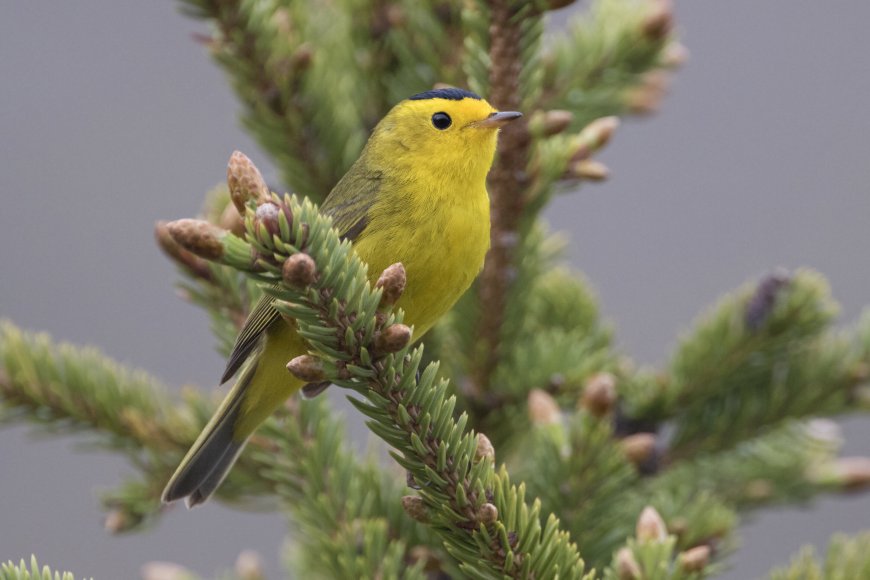US ornithological society says dozens of birds will be renamed

SEVERAL bird species in the US and Canada will receive new names based on their habitats and traits rather than people's names, the American Ornithological Society has announced, reports the BBC.
After years of controversy, the society will remove all human names for bird species, including those linked to people with racist histories.
Their goal is to create a more inclusive environment for bird-watching fans.
Seventy to 80 birds will be renamed.
"Exclusionary naming conventions developed in the 1800s, clouded by racism and misogyny, don't work for us today, and the time has come for us to transform this process and redirect the focus to the birds, where it belongs," the society's CEO, Judith Scarl, said in a statement.
Birds that will be renamed include Wilson's warbler and Wilson's snipe, both named after 19th Century naturalist Alexander Wilson.
In 2020, the American Ornithological Society (AOS) renamed a bird named after a Confederate Army general, John P McCown, as the thick-billed longspur.
The AOS said it will create a new committee to oversee the assignment of the new bird names.
"This committee will broaden participation by including a diverse representation of individuals with expertise in the social sciences, communications, ornithology, and taxonomy," the AOS said in its statement.
The public will also be involved in the process, it added.
The organization said these "momentous decisions" were made to change harmful and exclusionary English bird names.
Earlier this year the National Audubon Society, a bird conservation organization, decided to retain its name despite a push for a change.
James John Audubon, a famous American naturalist and wildlife illustrator, also owned slaves and held "harmful attitudes toward Black and Indigenous people", the NAS has acknowledged.
The decision was taken "after a lengthy process to examine its name in light of the personal history of its namesake", the society said in a March statement.
"The name has come to represent so much more than the work of one person, but a broader love of birds and nature, and a non-partisan approach to conservation," Susan Bell, who is on the society's board, said.
